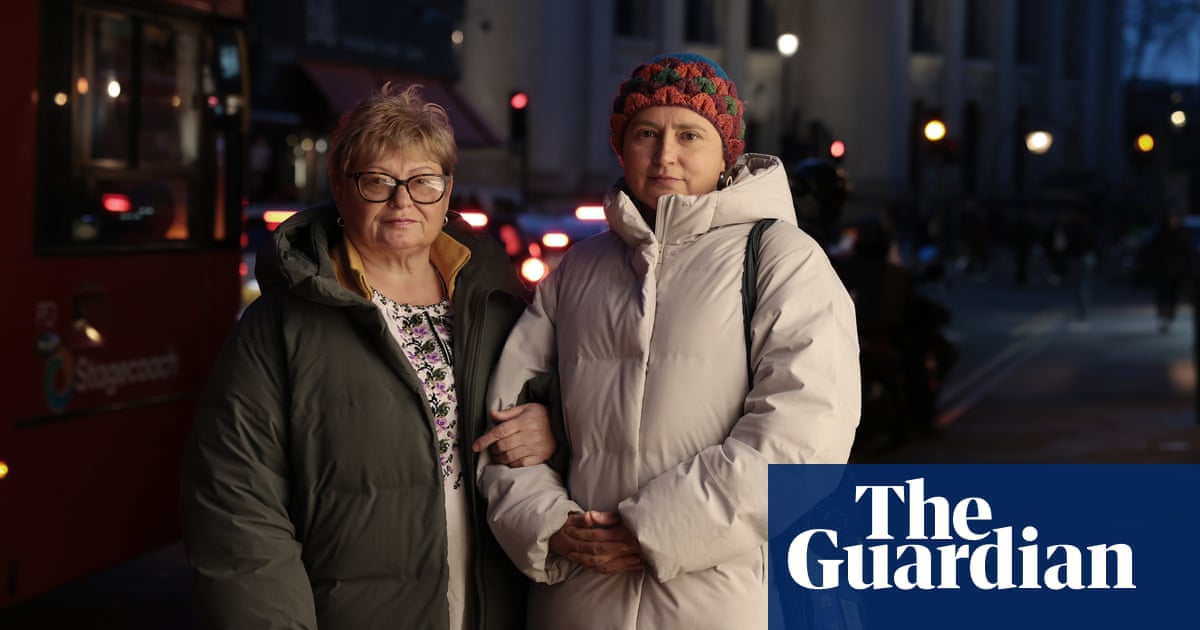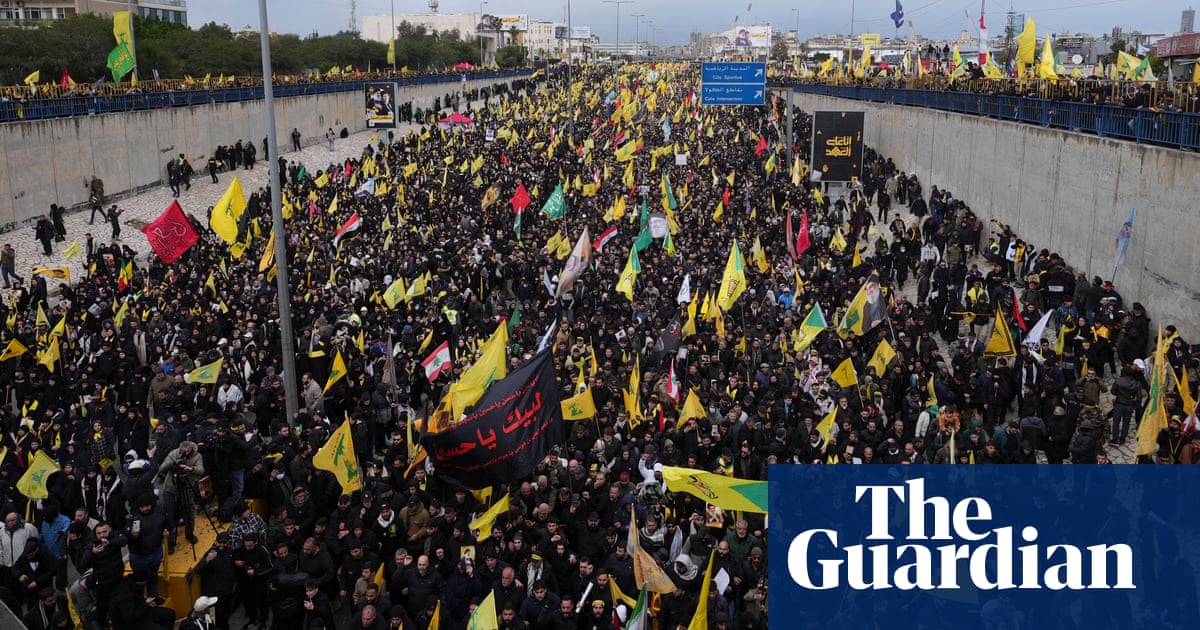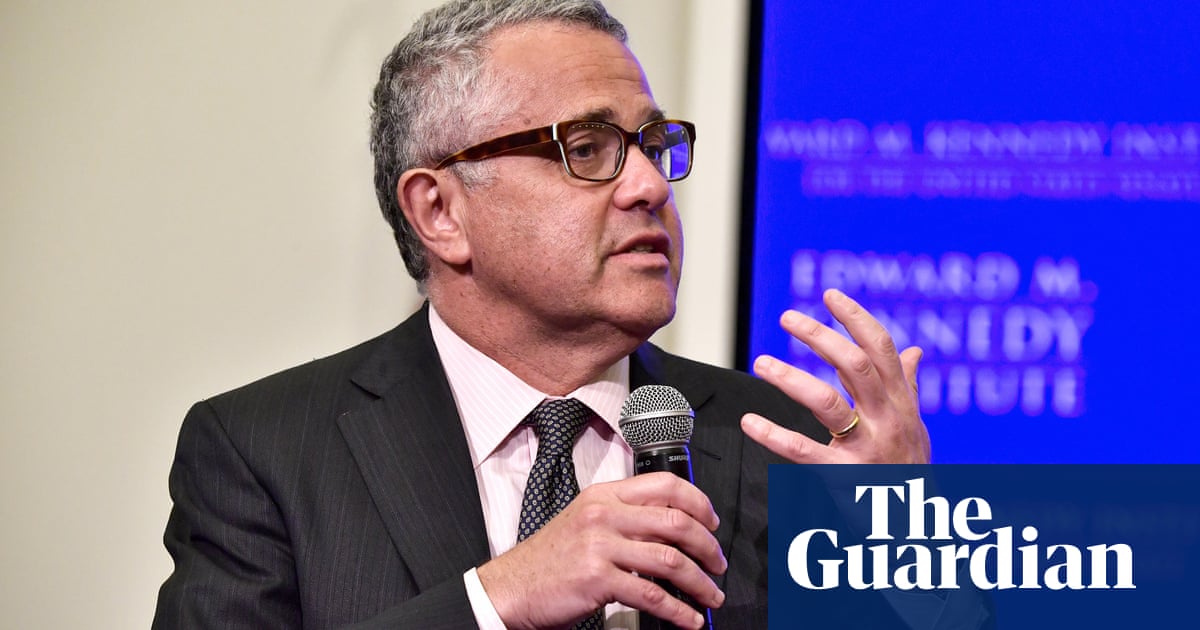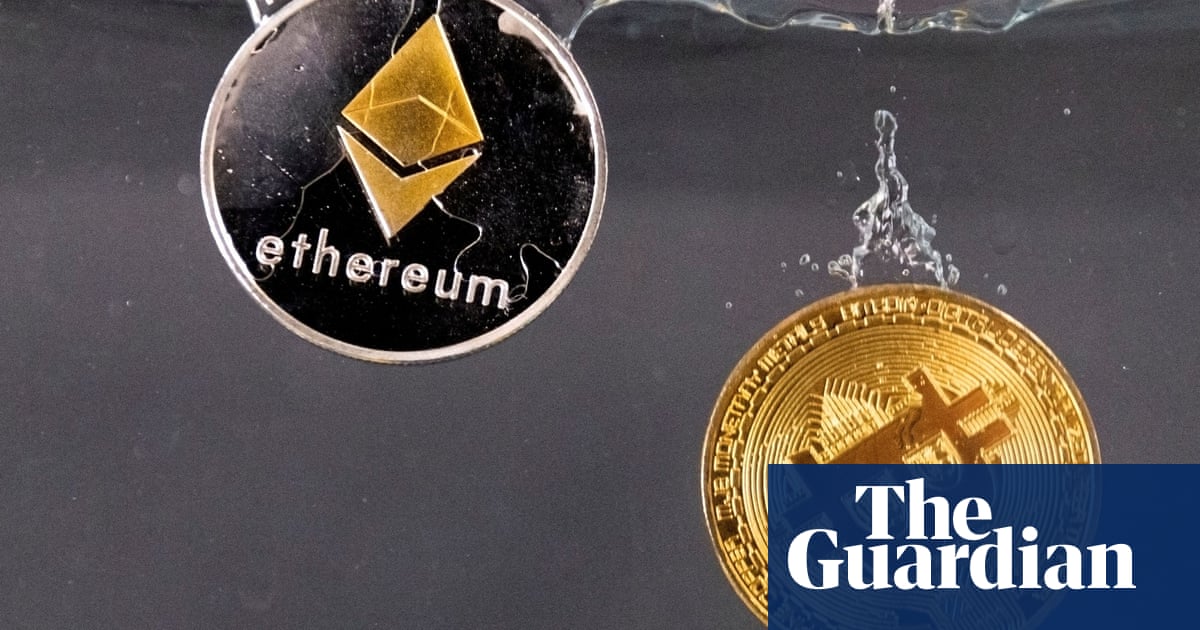The concept of “enshittification” was invented by the American sci-fi writer Cory Doctorow, only last year, to describe online platforms and the process of their decay. A tech policy expert, Rose Payne, explained the concept to me; you’ll recognise it immediately from pretty much any online service you’ve signed up to: “You enter into it, and at the beginning, it’s good, but once they have network effects, they degrade the quality of their offering. So you’re trapped in a space that’s no longer useful to you.”
Pretty soon, in fact amazingly quickly, people were using the word to describe everything – to the extent that Doctorow wondered this year whether we’d entered the “enshittocene”. Repurposed to describe the effects of the climate crisis, it means something different, but just as evocative: say we sail beyond 1.5C of warming but do manage to stick at 2C, there will be dramatic, life-threatening events, there will be mass migration, but there will also be a general, broad-brush worsening of everything.
That’s what I was thinking about as I came back by train from a conference in Cologne. I wouldn’t have gone if I’d had to fly. And I had an awesome journey there: a smooth four hours, changing in Brussels, with a lot of nice encounters. A German-American lady gave me a biscotti. A guy from Nottingham told me about his paper business.
On the return, though, first the Eurostar was cancelled, over strike action – and this we’d call a late-stage capitalism effect, rather than a climate effect, but it’s increasingly hard to separate those two things emotionally when they’re in such an obvious feedback loop. It’s safer to assume now, on any given journey of above-average length, that someone, somewhere will be on strike.
Overnight, before I came home, a freight train crashed and took out the entire line between Cologne and Frankfurt. It turns out Germany has the most railway accidents in Europe, and together with Poland accounted for more than one-third of all accidents in the EU in 2022. Socialists blame relentless profit-seeking, but then, goddamn socialists, they always say that. I met a nice guy from Devon on the ersatzbus (how charming is the German for rail replacement bus?), who told me on the platform at Aachen, as we waited for an alternative train, that I’d probably missed my alternative Eurostar. Pretty, powdery snow dusted the platform, and the weather apparently wasn’t helping. Here in the UK, heat is more of a problem, since the temperature window for tracks to remain stress-free tops out at 27C. This has not kept up with the reality of our summers.
I had indeed missed my connection, and it looked for a while as if I wasn’t getting home that day. The only way I could have been more screwed is if I lived in Frankfurt. I emphatically did not want to bail and fly from Brussels. I didn’t want to stay there, either. I didn’t want to drive. Could I cycle? As we passed through Liège, I got talking to a guy who never stayed anywhere longer than 182 days, so he never had to pay tax. I didn’t like him very much, but no worries, we didn’t have much longer on the train.
Eventually, I got a late Eurostar. By the time I got home, I’d been in transit 17 hours, my feelings a mixed bag of vast frustration and heart-swelling relief, familiar I guess to anyone who spends any amount of time rail-commuting in Britain. The answer plainly can’t be: “I’m never travelling by train again.” I’m always travelling by train. It’s more like rethinking your relationship with distance, happenstance, weather and everything; imagining yourself a messenger in the before times, journeying by horse. It might take two hours. Or the horse might be in a bad mood. Or there might be highwaymen.
Collectively, we have to adapt, and change. Individually, though, I think it’s easier to park the frustration and concentrate on the relief.

 2 months ago
48
2 months ago
48













































